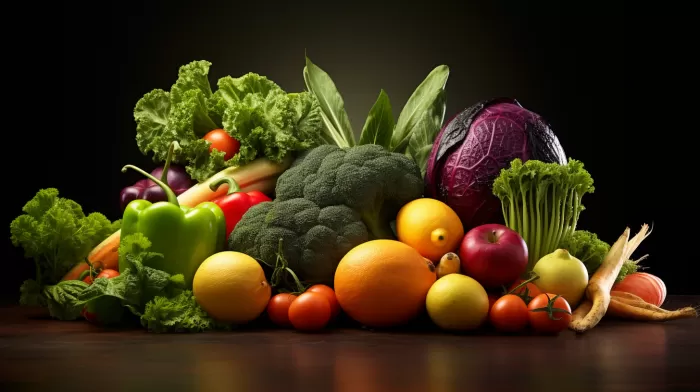People often feel helpless when they think of the continuously increasing rates of cancer around the world. Studies reveal that a large percentage of individuals believe that cancer is genetic, which leads to a sense of not having much control when it comes to cancer prevention. However, a lesser-known fact about cancer is that most types are linked to controllable lifestyle and dietary factors.
Genetic predisposition, environmental pollution & other contributing factors
Research shows that only the minority of cancers are caused by factors beyond our control, for example, the presence of a cancer-associated gene. Studies of identical twins suggest that a maximum of 15 percent of cancers are caused by hereditary genetic factors.
Exposure to air and water pollution, and other toxins, is another known contributor to cancers – although the exact statistics are harder to determine. Adding up the contribution of these factors alongside heredity, and even considering potential viral or bacterial triggers, only accounts for about 30 percent of cases. That means up to about 70 percent of cancers are linked to controllable lifestyle and dietary factors.
Lifestyle and dietary factors
Smoking, lack of physical activity, obesity, excessive alcohol consumption, disrupted circadian rhythms, poor dietary habits, and many other controllable factors are what contribute to most cases of cancer. The real risks occur when these factors are combined and compounded, suggesting that a full two-thirds of cancers may be prevented by changing the way we live.
Science also reveals that targeted health and prevention programs can help improve factors that appear to be beyond our control, like environmental causes. Gentle, long-term toxin-removal protocols can be included in individualized therapies.
Worldwide shifts in cancer occurrence
Studies mapping cancer occurrence and types of cancer around the globe support these statistics. These studies show that both cancer incidence and the types of cancer synchronize with the country where people settle, rather than their country of origin – thereby disproving the belief that heredity is the main factor.
Blocking cancer formation
Cancer cells require a long time to develop from normal tissue and need a good blood supply to bring nutrients and oxygen for their growth. As a result, tumors have mechanisms to attract blood vessels to them through a process called angiogenesis. Blocking this process can prevent abnormal cells from gaining a foothold. One of the many anticancer properties of fruits and vegetables is that they contain significant quantities of compounds that limit the process of abnormal angiogenesis.
Daily ingestion of healthy foods can inhibit cancer formation through various methods such as powerful immune support to identify and destroy abnormal cells, potent antioxidant support to fight harmful free radicals and protect DNA, anti-inflammatory support, and cellular mitochondrial support. We essentially have the power to prevent most cancers right now, even despite the statistics promoted in the media.
Adopting healthier lifestyles and understanding the real risks of cancer formation can significantly alter the increasing cancer rates across the globe. Embrace the power of preventing most types of cancers simply by changing habits and the way we live.



